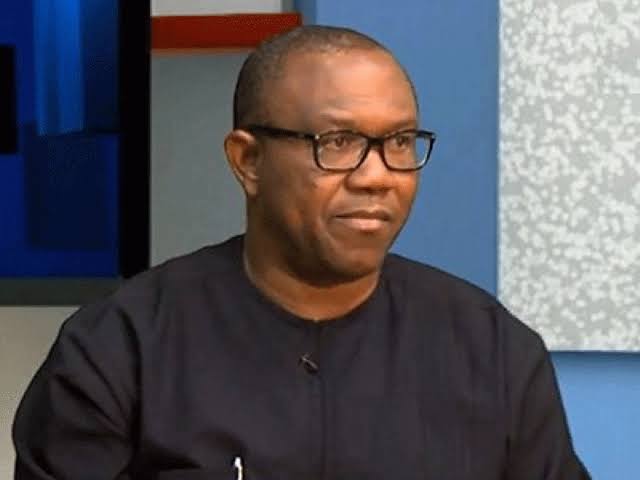UK-based Fitch Solution Country Risk and Industry Research has dismissed the chances of Labour Party’s presidential candidate, Peter Obi winning the 2023 presidential election, stating that he lacks support from a critical region to emerge president.
The report which stressed LP’s lack of structure as a major setback to their presidential bid, predicts that Obi is likely to settle for third place in the polls behind Peoples Democratic Party’s candidate, Atiku Abubakar and All Progressives Congress candidate, Bola Ahmed Tinubu.
It stated, “Furthermore, the northern electorate historically tends to vote for presidential candidates from their region. With Obi being a Christian from the South (Anambra State), increasing his voter share in the North will prove challenging.“While we believe Obi is unlikely to win the election, he will probably do well for a third-party candidate.”
“It would be herculean for the Labour Party which lacks structure and not having candidates for most of the positions for state Assemblies, House of Representatives, Senate and governorship, to deliver above those that have stakes for such positions.”
The group expressed confidence that Tinubu will emerge as the next president of the country due to factors that play in favour of the APC presidential candidate.
It rubbished the recent online polls that have adjudged Obi as the most likely candidate to win the election, stating that such polls are overstating his popularity.
“At Fitch Solutions, we believe that recent polls are significantly overstating support for Peter Obi, the Labour Party candidate running in Nigeria’s February 2023 presidential election. Surveys showing that Obi is ahead of his opponents Bola Tinubu (All Progressives Congress; APC) and Atiku Abubakar (People’s Democratic Party; PDP) were mostly based on responses gathered online. Since only 36.0% of Nigerians use the Internet (World Bank, 2020), we believe that these results are skewed towards urban, affluent voters who are most likely to support Obi. We also highlight that these polls suggest that a large share of voters remain undecided.”

